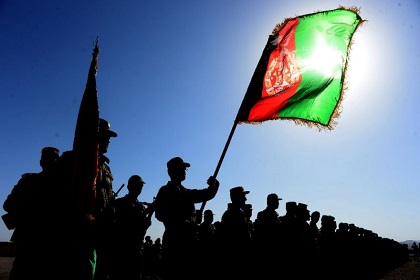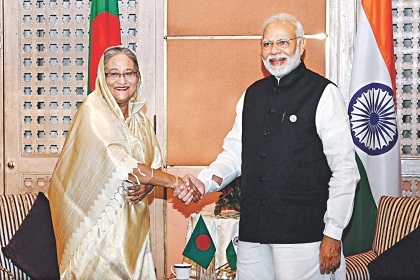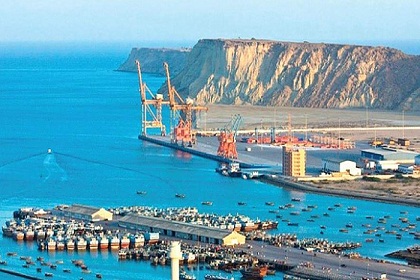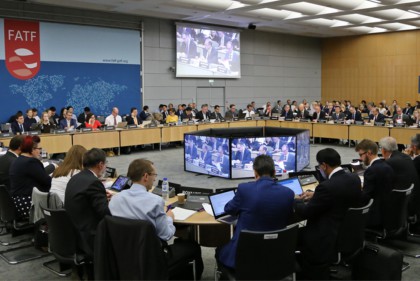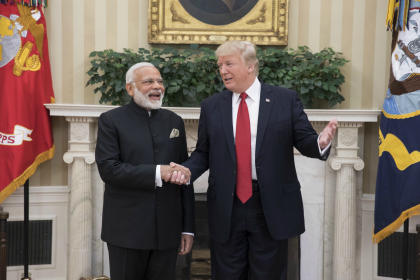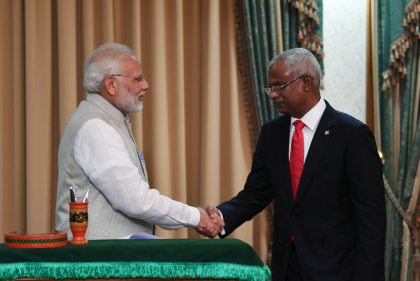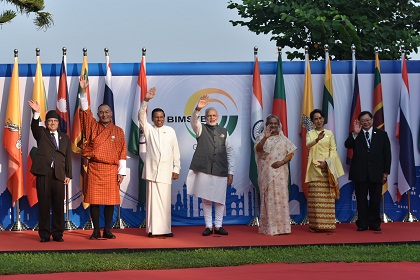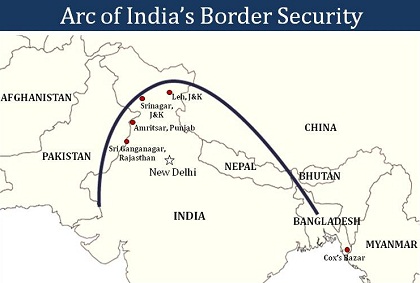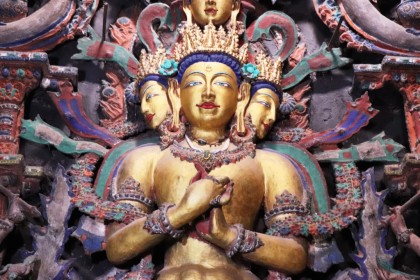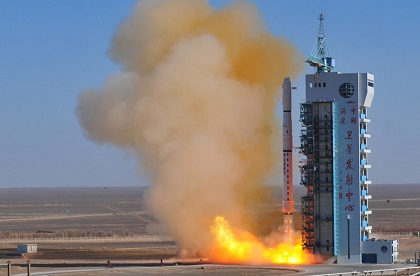Afghanistan: Development against the odds
The people of Afghanistan, torn by war, ethnic strife and geoeconomic contestation for their country’s rich natural resources, have paid by forsaking the assurances of daily life. But President Ashraf Ghani has shown them that normalcy can return and it is possible to hold regular elections. The author, a guest of the President and First Lady, travelled through the country in October 2018 to record her impressions of a resilient people who have reason to hope for a different future

